The Art of War: The Essential Business Strategy(Axepen Classics) - Sun Tzu
He will win who knows when to fight and when not to fight
Twenty-Five Hundred years ago, Sun Tzu wrote this classic book of military strategy based on Chinese warfare and military thought. Since that time, all levels of military have used the teaching on Sun Tzu to warfare and cilivzation have adapted these teachings for use in politics, business and everyday life. The Art of War is a book which should be used to gain advantage of opponents in the boardroom and battlefield alike.
The ancient Chinese general Sun Tzu is universally recognized as the greatest military strategist in history, a master of warfare interpretation. This condensed version of his influential classic imparts the knowledge and skills to overcome every adversary in war, at the office, or in everyday life.Sun Tzu Wu was a native of the Ch`i State. His Art of War brought him to the notice of Ho Lu, King of Wu. Ho Lu said to him: “I have carefully perused your 13 chapters. May I submit your theory of managing soldiers to a slight test?”
Sun Tzu replied: “You may.”
Ho Lu asked: “May the test be applied to women?”
The answer was again in the affirmative, so arrangements were made to bring 180 ladies out of the Palace. Sun Tzu divided them into two companies, and placed one of the King's favourite concubines at the head of each. He then bade them all take spears in their hands, and addressed them thus: “I presume you know the difference between front and back, right hand and left hand?”
The girls replied: “Yes.”
Sun Tzu went on: “When I say ‘Eyes front,’ you must look straight ahead. When I say ‘Left turn,’ you must face towards your left hand. When I say ‘Right turn,’ you must face towards your right hand. When I say ‘About turn,’ you must face right round towards your back.”
Again the girls assented. The words of command having been thus explained, he set up the halberds and battle-axes in order to begin the drill. Then, to the sound of drums, he gave the order “Right turn.” But the girls only burst out laughing. Sun Tzu said: “If words of command are not clear and distinct, if orders are not thoroughly understood, then the general is to blame.”
So he started drilling them again, and this time gave the order “Left turn,” whereupon the girls once more burst into fits of laughter. Sun Tzu: “If words of command are not clear and distinct, if orders are not thoroughly understood, the general is to blame. But if his orders are clear, and the soldiers nevertheless disobey, then it is the fault of their officers.”
So saying, he ordered the leaders of the two companies to be beheaded. Now the King of Wu was watching the scene from the top of a raised pavilion; and when he saw that his favourite concubines were about to be executed, he was greatly alarmed and hurriedly sent down the following message: “We are now quite satisfied as to our general's ability to handle troops. If We are bereft of these two concubines, our meat and drink will lose their savour. It is our wish that they shall not be beheaded.”
Sun Tzu replied: “Having once received His Majesty's commission to be the general of his forces, there are certain commands of His Majesty which, acting in that capacity, I am unable to accept.”
Accordingly, he had the two leaders beheaded, and straightway installed the pair next in order as leaders in their place. When this had been done, the drum was sounded for the drill once more; and the girls went through all the evolutions, turning to the right or to the left, marching ahead or wheeling back, kneeling or standing, with perfect accuracy and precision, not venturing to utter a sound. Then Sun Tzu sent a messenger to the King saying: “Your soldiers, Sire, are now properly drilled and disciplined, and ready for your majesty's inspection. They can be put to any use that their sovereign may desire; bid them go through fire and water, and they will not disobey.”
But the King replied: “Let our general cease drilling and return to camp. As for us, We have no wish to come down and inspect the troops.”
Thereupon Sun Tzu said: “The King is only fond of words, and cannot translate them into deeds.”
After that, Ho Lu saw that Sun Tzu was one who knew how to handle an army, and finally appointed him general. In the west, he defeated the Ch`u State and forced his way into Ying, the capital; to the north he put fear into the States of Ch`i and Chin, and spread his fame abroad amongst the feudal princes. And Sun Tzu shared in the might of the King.
Famous quotes from of The Art of War
- Appear weak when you are strong, and strong when you are weak;
- The supreme art of war is to subdue the enemy without fighting;
- If you know the enemy and know yourself, you need not fear the result of a hundred battles. If you know yourself but not the enemy, for every victory gained you will also suffer a defeat. If you know neither the enemy nor yourself, you will succumb in every battle;
- Thus it is that in war the victorious strategist only seeks battle after the victory has been won, whereas he who is destined to defeat first fights and afterwards looks for victory;
- All warfare is based on deception. Hence, when able to attack, we must seem unable; when using our forces, we must seem inactive; when we are near, we must make the enemy believe we are far away; when far away, we must make him believe we are near;
About the Author
Sun Tzu was a Chinese author of The Art of War, an immensely influential ancient Chinese book on military strategy. He is also one of the earliest realists in international relations theory. The name Sun Tzu ("Master Sun") is an honorific title bestowed upon Sun Wu, the author's name. The character wu, meaning "military", is the same as the character in wu shu, or martial art. Sun Wu also has a courtesy name, Chang Qing.

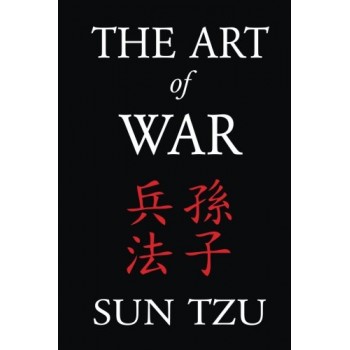
-350x350.jpg)


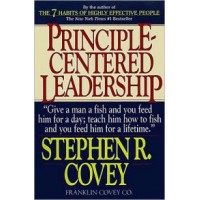







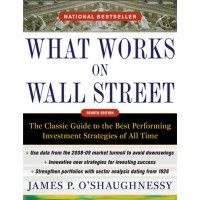

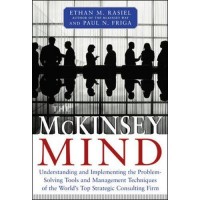












-200x200.jpg)

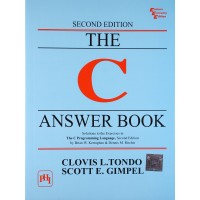





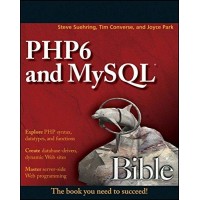




-200x200.png)
-200x200.jpg)









-200x200.jpg)












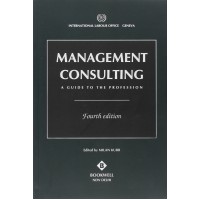

-200x200.jpg)



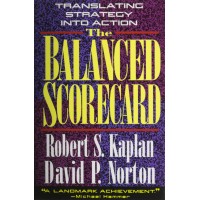





-200x200.jpg)

